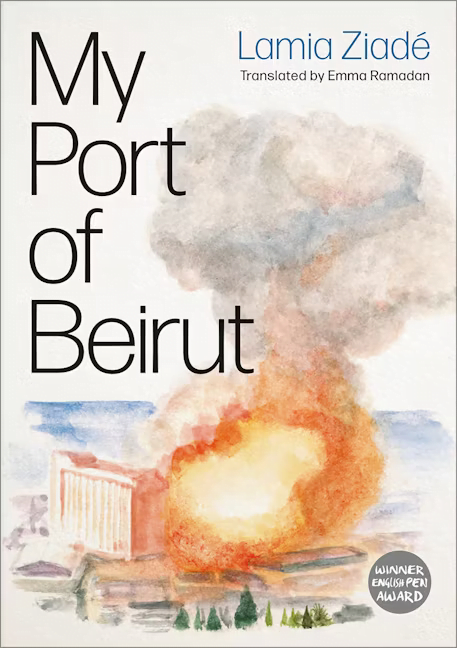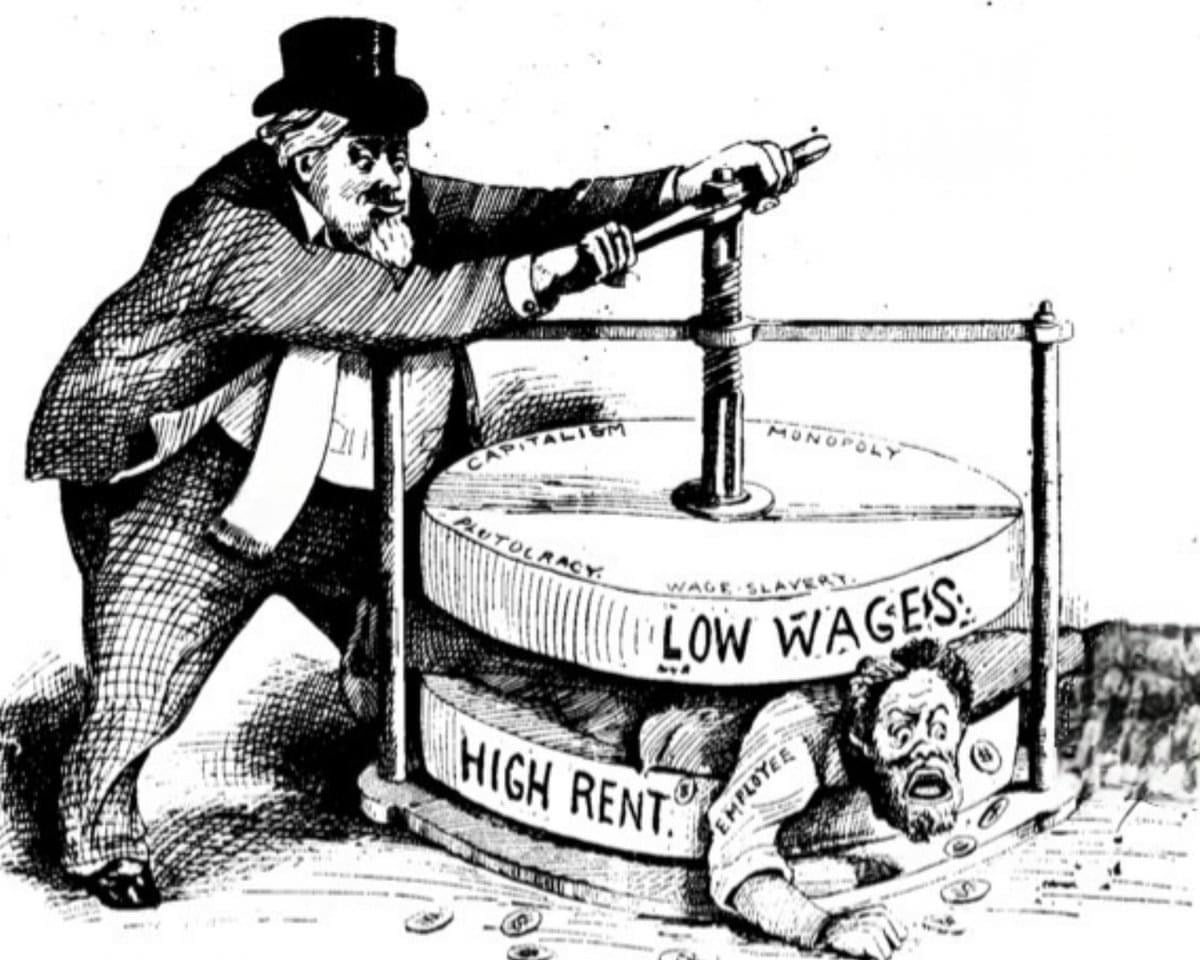UCU activist Jose Collina reflects this year’s universities pensions strike, won and lost.
Four weeks on strike, another three weeks arguing about what next, we finally came up with answer — back to work, with no guarantees, only a vague hope that a joint panel populated by the nominees of our mendacious employers and ever-vacillating union leaders won’t screw us over. After the most significant mass action in our union’s history, how did we get here, signing off by secret ballot on an act of blind faith?
Usually in the case of the UCU, I’d say we got here via the foibles of our membership. Dispute after dispute the militants have yelled “sell out” and “stitch up” when all we’ve seen is the leadership correctly estimating the derisory levels of fight in their risk-averse membership.
But not this time. This time the fight was definitely there. As we came to the end of the fourth week on strike if anything our numbers were growing, the vibe was positive, buoyed by the prospect of UNISON’s members joining the fray.
The third week had seen the union’s negotiators test the water with the usual trash offer — a slightly smaller pension cut. They’d been sent back with their tail between their legs. Members across the company produced a grassroots mobilisation of unexpected force. Branches organised emergency mass meetings to angrily denounce the sell-out, using Twitter to share news of unanimous and near unanimous calls for #NoCapitulation. Meanwhile, a large throng descended on national HQ at Carlow Street to let the union bosses know we weren’t having it.
Union general secretary Sally Hunt, chief advocate of the garbage deal, gave an embarrassing speech to that assembled crowd. The sudden revolt having taken the leadership by surprise, Hunt mistook the usual sprinkling of Trotskyist paper sellers for a sign that this was merely the usual suspects. She delivered a standard “behave yourself” address to the presumed crowd of militant malcontents, to the disbelief of the gathered crowd of union members of all types (I was stood next to a Lib Dem councillor).
We were, in that moment, a union of people no longer prepared to be kicked around, to settle for being led by an entrenched clique of serial surrenderers. Even the local capitulation squads, those branch officers around the country who spend every dispute telling their members what isn’t possible, were on the run.
Yet there we were, back in a familiar situation, rolling over and accepting the UCU leadership’s usual belly rub, just weeks later. What the hell happened? Was the offer too good to refuse? No. Did we all shit ourselves as the reality of more weeks on strike for an actual guarantee on the issue we walked out over came into view? I don’t think so.
No, quite simply, the laws of trade union gravity reasserted themselves. In a union where all the resources and all the rights pertain to the bureaucracy, it is only ever a matter of time before that tells. As the level of mobilisation dropped for the holiday, the leadership was finally able to bludgeon through their will.
First, a positive sounding development that employers were dropping their pre-conditions and would take a further look at the value of our pension. Sure, the more we pulled at the strings, the less there was to celebrate. No changes for now, but no guarantees after April 2019 and nothing was scheduled to come in until after that anyway. No potentially adverse solution was taken off the table and strikes had to be called off, opening the door to a big old goal post shift as soon as we resumed work.
The leadership were swift to capitalise on initial good feeling around the deal, setting in motion the standard shenanigans. Every experienced trade unionist knows that as soon as you get a deal to ballot, that’s the end.
A secret ballot offers the leadership an opportunity not just to put a thumb on the scale but a dirty great fist. They get to control the timing, the question and the flow of information. While the general secretary gets to email her point of view to every member every day the ballot is open, the counter-argument can only be spread across informal networks. Even the most incompetent of politicians couldn’t mess that up.
Even if the other side has a great case, and somehow miraculously gets to make it to most of the membership, the nature of the ballot makes it virtually impossible to continue the strike. Solidarity and confidence in collective action are painstakingly constructed, hard won and easily shaken. It can seldom survive the highest elected official of the union withdrawing support and it can seldom survive the discovery that any substantial minority of members are anxious to end the dispute. Continuing requires a unity of purpose that the ballot in itself destroys. Disingenuous advocates will tell you ballots exist to “test the temperature” mid-dispute, but everyone knows an exec-endorsed agreement will never go down to defeat. Balloting meant the end.
But getting it to ballot was tricky. Days after the deal came out criticisms were beginning to emerge. The network of activists that had appeared around #NoCapitulation was mobilising. They were circulating details, arguments, organising emergency mass meetings where members were voting that negotiators go back and clarify aspects of the offer. Many gave such a mandate to their branch delegates ahead of a meeting at Carlow Street.
The previous meeting at national HQ had been a disaster for the leadership, with branch after branch reporting total opposition, forcing the Higher Education Committee to vote against the first shitty deal. But this time, the deal was slightly more appealing and delegates more divided.
A mixed response at the meeting was more than enough for union officials to pull a fast one. Upon arrival delegates got presented with new information via a letter from the employers and another by the pensions trustees, immediately confusing any branch mandates. A long meeting followed where activists from around the country talked at length about their members’ feelings on the deal and the prospect of a ballot. Delegate after delegate expressed mixed feelings, relaying questions and uncertainty, many suggested the union should go back and get some of them answered before it went to members.
At the end of the meeting, the delegate from Liverpool finally asked that they be allowed a card vote. The union had provided cards for such but now declared no vote would be necessary. A helpful union official had been taking notes, “tallying” branch positions and they had everything they needed. The union was comfortable that an official’s interpretation of people’s remarks was definitely the best way of assessing positions. A majority for a ballot was declared! The Higher Education Committee then voted accordingly.
No subsequent vote on whether to recommend acceptance was held but that didn’t matter. The general secretary would happily provide her own recommendation.
And so to the ballot, mid-holiday, a half-cooked deal on inconclusive footing. The choice, as Sally Hunt put it (in a missive we were required to read twice prior to accessing our ballots) was simple. Say “yes” and the panel would set to work on saving our pensions. Say “no” and the union would be forced into weeks, months of strikes, in pursuit of guarantees that the employers simply wouldn’t give. The advice painted a picture where the alternatives were acceptance or the apocalypse. For the next four days members would get a daily update from the general secretary on how great the deal was.
Such are the laws of trade union gravity. How can we expected to fight disputes and fight the machinery of our union at the same time? How can we bring members with us for exhausting, sustained industrial action when the maximum authority of the union fights us every step of the way?
The result was followed by a lot of rage from the “no” side, but “yes” voters weren’t wrong to conclude the dispute was basically over from the moment UUK gave the UCU leadership an out. We screamed “stitch up” but we all know Sally Hunt and co. broke no rules, which offer them carte blanche to shut down strikes whenever they damn well please.
Realistic redress for shoddy behaviour on Hunt’s part remains four years away at the next general secretary election, when we’ll all have forgotten and when the only choice likely to be offered will be the union’s other contemptible faction, the SWP-heavy UCU Left.
What university staff have to ask is whether this is what they want from a workers’ organisation. A union where the democratic mechanisms are controlled by a bureaucratic clique whose contempt for branch activists and patronising attitude towards their membership’s capacity undermines every action the union undertakes, ensuring we have to make the same pointless sacrifices to fight the same encroachments, because we never actually win.
Could we organise another way, one which uses the power of the union’s component branches to give us strength, unity and momentum, rather than as a semi-despised cadre of corporals, tasked with marching members to the top of the hill only so the officers can dismiss them?
At a bare minimum we can surely no longer tolerate the standard operating procedure, where branch delegates are gathered to give cover for what the leadership intend to do anyway, where the power to call and design strike-starting and ending ballots rests solely with the leadership. At the very least a strike committee composed of recallable branch delegates would return control of these aspects of our disputes to the people involved, with a sense of momentum at local level.
Beyond that, could we even dream of a genuinely rank-and-file, bottom-up union? Where the tactics, actions to take, the questions to ask of the members are not the sole preserve of professional negotiators?
I think we could. It would take either sustained activism within the union or founding a new one, with an imaginative manifesto on how to organise in a participative, rather than consultative way, without bureaucratic manoeuvring. Together we could be pioneers, we could create a new kind of union, fit for 2018. Together we could shut all the Carlow Streets.
Bureaucrats vs the union
In the aftermath of the pensions dispute there has been some outrageous maneuvering by union leaders against moves to bring democratic norms into the heart of the UCU.
On May 30th at the union’s annual congress paid officials from the UCU union walked out in a dispute with their own members. Libcom reported:
Two motions, 10 and 11, were due to be debated stating no confidence in and censuring the General Secretary (GS) of the Union, Sally Hunt, for their handling of the bitter pensions dispute earlier this year.
That dispute saw fourteen days of strikes in February and March by academics and support staff at 64 institutions across the UK.
Motion 10 called for “the resignation of Sally Hunt as General Secretary with immediate effect”, while Motion 11 resolved:
- to censure the GS for relaying branch positions at the 28 March meeting whose accuracy, in the absence of a vote, or provision of a detailed list of positions, could not be verified.
- to ensure that in future branch representatives’ positions are recorded in a clear and verifiable manner.
However, before the motions could be discussed, a letter was circulated by Unite, another union which represents UCU’s paid officials.
The letter stated “Our members believe that if Congress debates these motions, it will breach agreements between UCU and Unite which protect employees’ dignity at work and right to due process.”
The General Secretary is an elected post with salary and benefits in the region of over £125,000.
Unite’s letter ended with an ultimatum: “We want to be clear with you that if these motions are debated, Unite will need to hold immediate emergency meetings to consider our response to this attack on our rights.”
After delegates voted 144 to 123 to debate the motions, UCU officials suspended Congress proceedings, walked out and formed a picket line outside.
Delegates in the hall reported on Twitter that around 10 people joined the pickets, while over 100 delegates remained in the hall and produced a collective statement asserting their right to discuss concerns with their own union.
This article first appeared in the Summer edition of Freedom Journal








